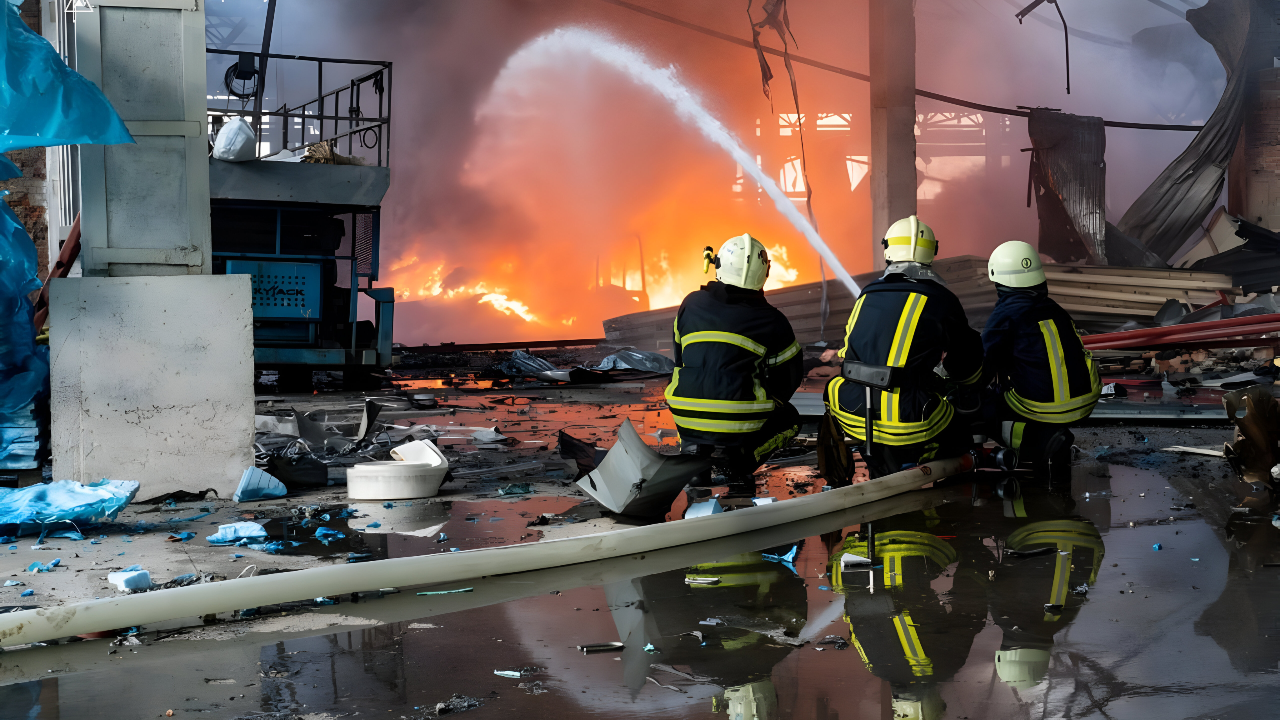
The United States imposed sweeping sanctions on Russia’s biggest oil producers hours after one of the deadliest overnight assaults of the war in Ukraine. The October 22 attack—with more than 400 drones and dozens of missiles—killed civilians across the country, including in a Kharkiv kindergarten, and drew swift condemnation from Washington and Kyiv.
Treasury Secretary Scott Bessent said the sanctions against Rosneft and Lukoil are designed to “degrade the Kremlin’s ability to raise revenue” for its war. The announcement came just as President Donald Trump canceled a planned summit with Vladimir Putin, saying peace talks were impossible after Moscow rejected a U.S.-brokered ceasefire that would have frozen front lines.
Kindergarten Strike Stirs Global Outrage
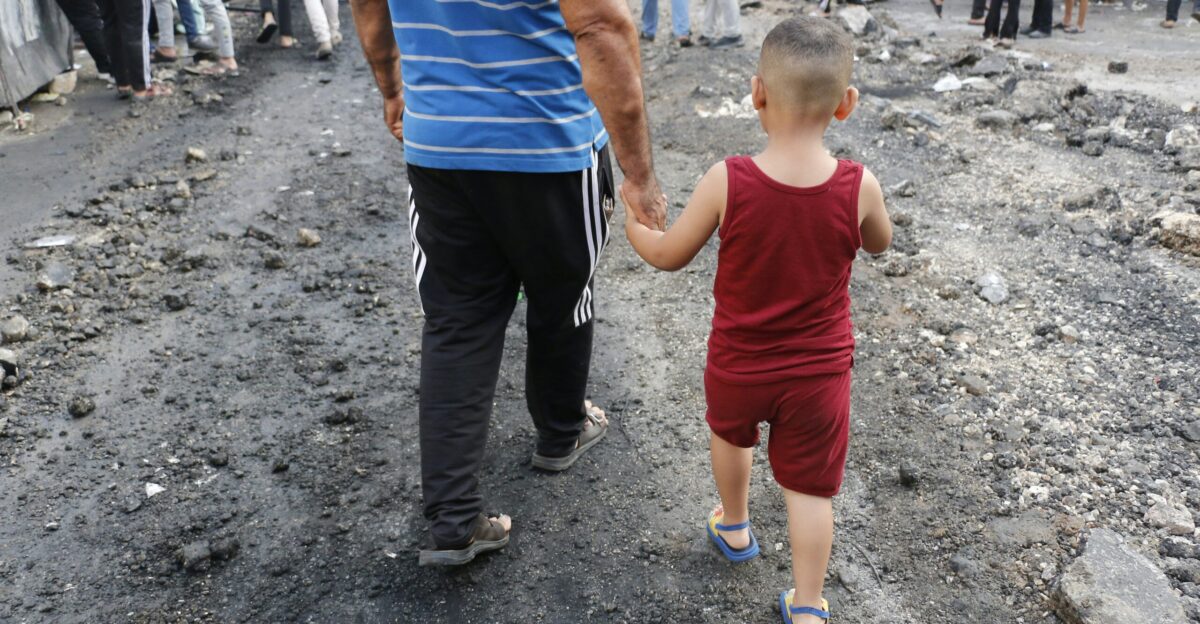
In Kharkiv’s Kholodnohirskyi district, a Russian drone hit a private kindergarten, killing a 40‑year‑old man and injuring 10 others, including a five-year-old girl. “There is and cannot be any justification for a drone strike on a kindergarten,” President Volodymyr Zelenskyy said, calling the incident a war crime.
Witnesses described children clinging to teachers as firefighters pulled them from the rubble. Regional governor Oleh Syniehubov said all 48 pupils sheltering in the basement survived. Across Ukraine, at least six other people died from strikes in Kyiv and surrounding areas, including a young mother, her infant, and niece in the village of Pohreby.
Emergency crews battled fires through the night as missiles struck energy hubs and residential areas, causing widespread blackouts and knocking out parts of the power grid. “Every new wave of attacks tests our resilience, but people continue their work,” said a Kyiv firefighter who asked to be identified only as Ihor.
Oil Market Jolted, Global Repercussions
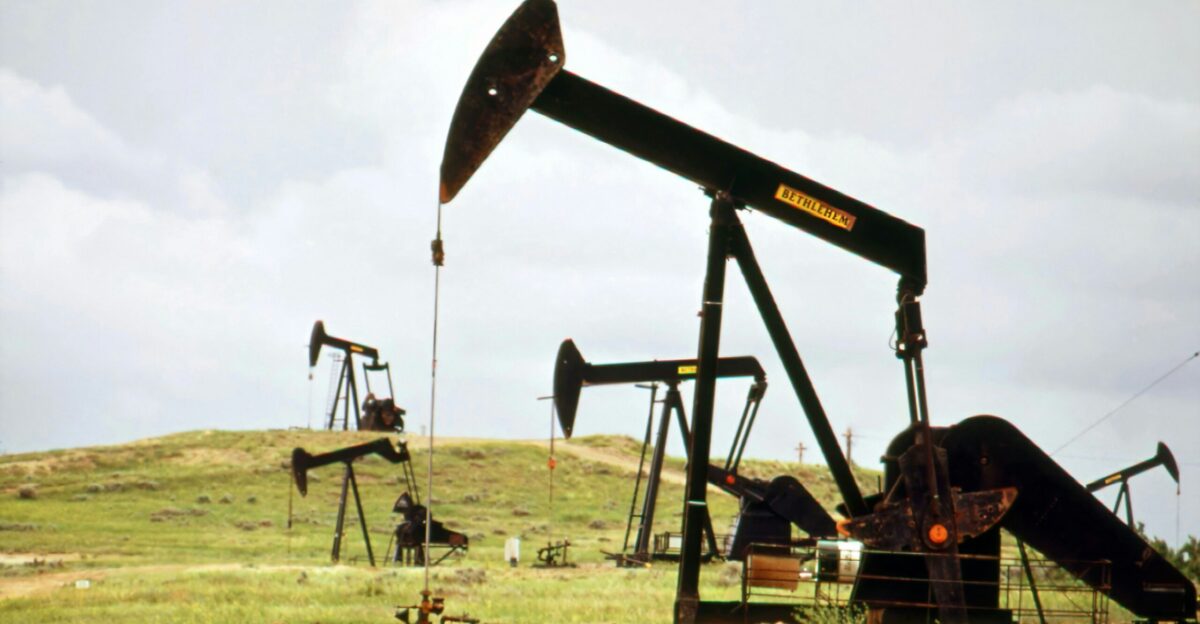
The U.S. sanctions immediately shook energy markets. Brent crude surged 5.3% to nearly $66 a barrel, while WTI jumped past $61. Traders warned the restrictions could tighten global supply heading into winter.
“The scale of the sanctions means higher costs across the board,” said Dr. Emily Nakamura, an energy economist at the London School of Economics. “Europe and North America will feel it through heating and transport prices almost instantly.”
India and China—Moscow’s top energy customers since Western embargoes began—scrambled to adjust. Indian refiners began reviewing contracts to avoid blacklisted entities, while Chinese firms sought alternative crude sources in the Middle East. Analysts said the disruption could force both countries to pay a premium for replacements, further pressuring developing economies.
European refiners also face urgent adaptations. BP, Shell, and TotalEnergies are reassessing compliance protocols, and port delays are increasing as banks heighten checks on sanctioned cargoes. “Even small missteps could mean millions in penalties,” said a senior compliance officer at a Dutch refinery.
Trump, NATO Coordinate, Ukraine Looks to Sweden
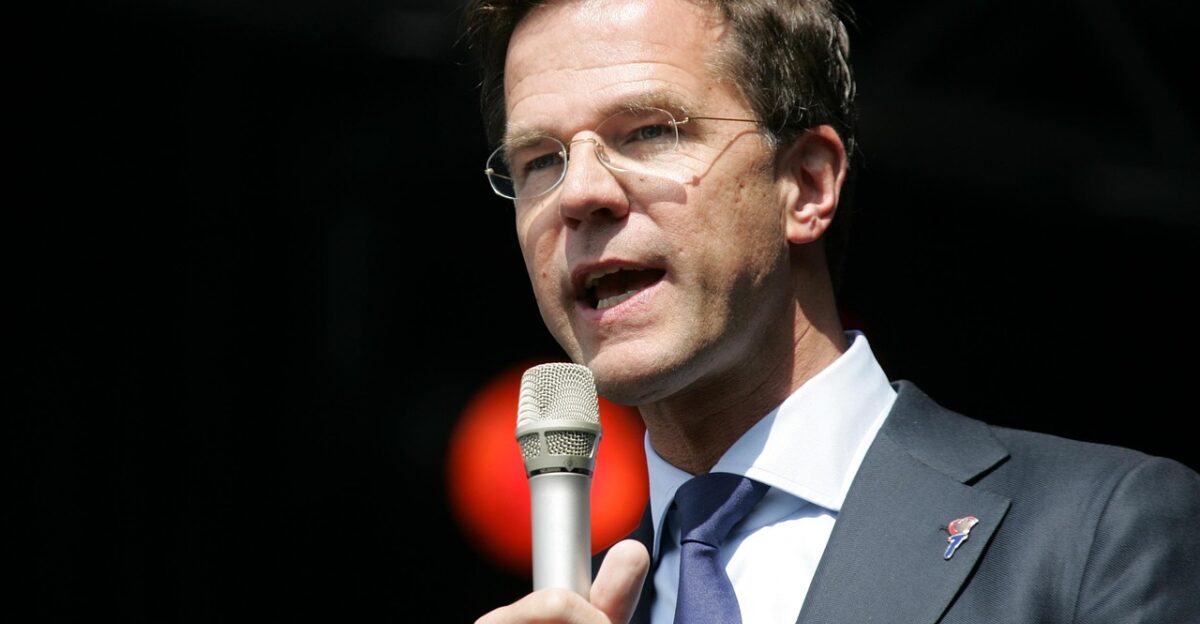
Hours after announcing the sanctions, President Trump met with NATO Secretary General Mark Rutte at the White House. Rutte praised the move as a decisive step to “stop the killing” and reaffirmed the alliance’s united backing for Ukraine.
“I just felt it was time,” Trump said of his decision to target Russia’s oil sector. “We’ve warned Moscow for months—now we’re acting.”
Amid the deadlock in diplomacy, Ukraine signed a letter of intent to buy up to 150 Swedish Gripen fighter jets, a deal seen by defense analysts as a potential game‑changer in the air war. The partnership would provide modern aircraft capable of countering Russian missile and drone barrages.
Meanwhile, the United States continues ramping up energy exports, with liquefied natural gas shipments reaching record highs. The U.S. Energy Information Administration reported exports of 9.4 million tons in September 2025—filling supply gaps created by reduced Russian flows.
Inflation Fears Rekindle Across Europe
Energy disruptions have rekindled inflation concerns across the eurozone, where prices remain sensitive to oil and gas volatility. The European Central Bank had forecast easing inflation for 2025, but analysts now fear a reversal. Rising energy costs feed directly into transport, food production, and consumer goods.
European nations that once slashed energy use during the 2022–2023 crisis—cutting demand by 13% through restrictions on heating and industrial output—are considering renewed conservation steps. “Those emergency measures showed they work,” said a policy adviser in Berlin. “But the public’s patience is thinner this time.”
Energy Security and Climate Tensions
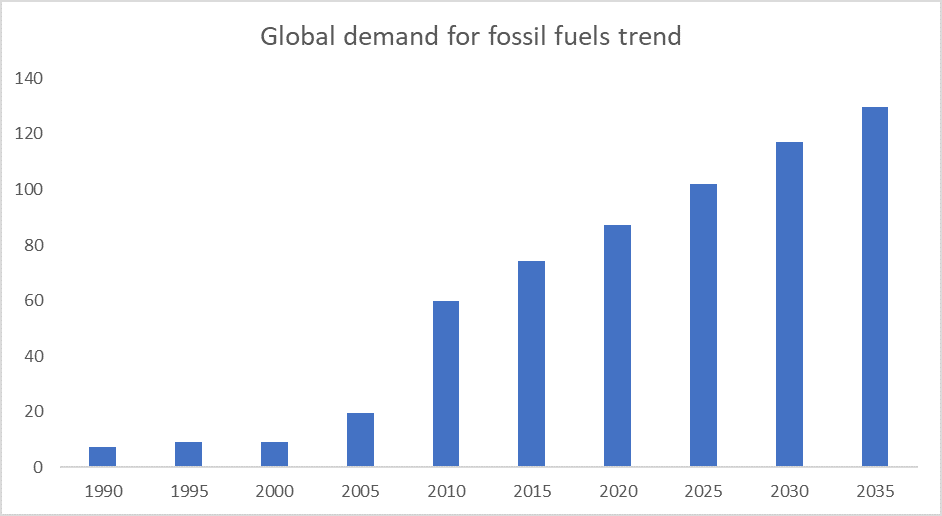
The sanctions have reignited debate over global reliance on fossil fuels. Environmental advocates argue the latest crisis underscores the urgency of accelerating renewable energy investment. Yet in the short term, coal and LNG use may rise as nations scramble to replace Russian supplies.
The International Energy Agency projects fossil fuel demand will peak by 2030, with long‑term oil prices expected to stabilize near $50–60 per barrel by 2027. “This is a pivotal moment,” said Nakamura. “Energy security and climate goals now intersect more sharply than ever.”
Russia dismissed the U.S. sanctions as “economic warfare,” vowing to continue exports through intermediaries. Intelligence officials estimate Moscow has lost roughly 20% of its refining capacity to Ukrainian strikes since August but remains capable of sustaining sales to Asian and Middle Eastern buyers.
As winter approaches, diplomatic prospects remain uncertain. With peace talks frozen and military losses mounting, Ukraine’s leadership insists only sustained pressure can compel genuine negotiations. For now, the war shows no sign of abating—and the world braces for the economic and humanitarian costs to deepen still further.